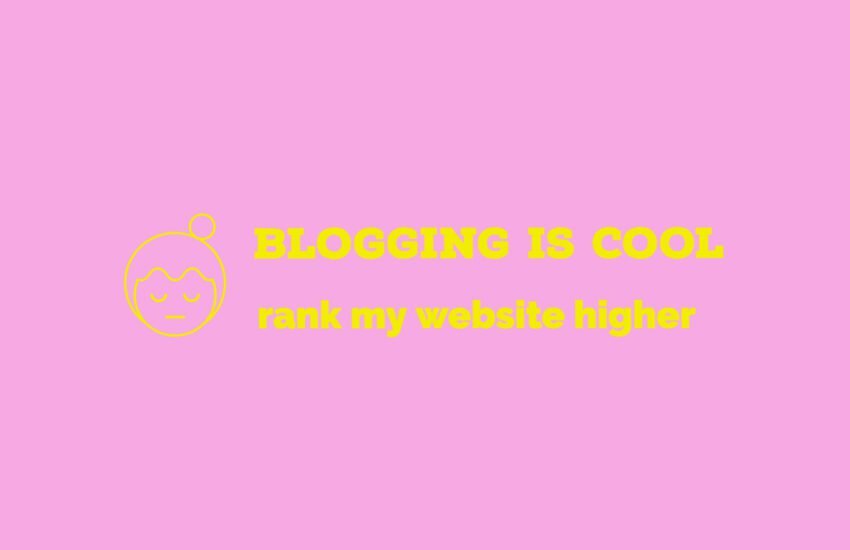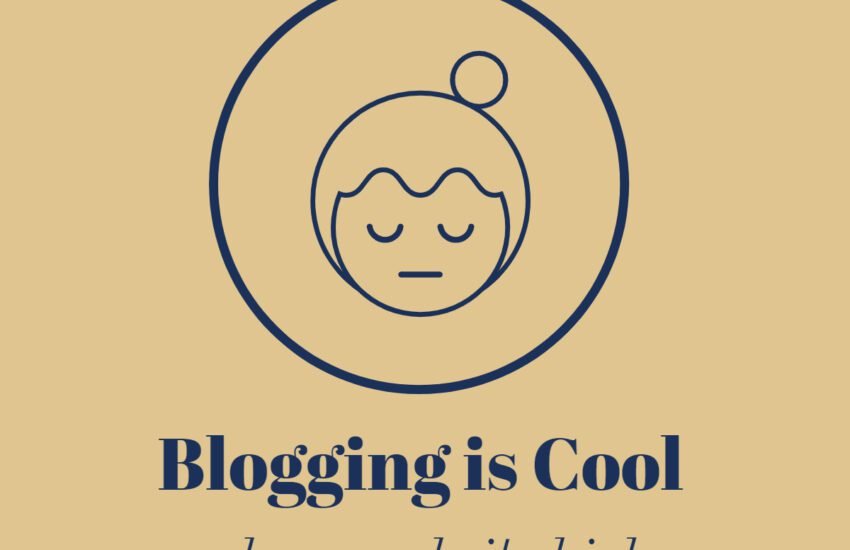10 Common Blogging Myths You Should Ignore
- What is Blogging?
- Myth 1: Blogging is Easy and Anyone Can Do It
- Myth 2: Blogging is Dead
- Myth 3: You Need to Be an Expert to Start a Blog
- Myth 4: Bloggers Make Money Quickly
- Myth 5: Blogging is Just Writing
- Myth 6: Blogging is a Solo Journey
- Myth 7: You Need to Blog Every Day
- Myth 8: Blogging is a Fading Trend
- Myth 9: You Need to Have a Large Following to Succeed
- Myth 10: Blogging is a Waste of Time
- Conclusion
What is Blogging?
Blogging is like having your own online journal where you can write about your thoughts, experiences, and interests.
It’s kind of like having a diary, but on the internet! In a blog, you can write about anything you want, whether it’s sharing your travel adventures, discussing your favorite hobbies, or offering advice on topics you’re passionate about.
Blogs typically consist of a series of posts arranged in reverse chronological order, with the newest posts appearing first.
You can also include photos, videos, and links in your blog posts to make them more engaging.
Blogging allows you to connect with people from all over the world who share your interests, express yourself creatively, and even make money if your blog becomes popular.
Whether you’re writing for yourself or for an audience, blogging is a fun and rewarding way to share your voice and ideas with the world.
There are numerous misconceptions surrounding the world of blogging. With so much information available, it can be challenging to separate fact from fiction.
In this article, we will debunk some common blogging myths to help you navigate the blogging landscape with confidence.
Myth 1: Blogging is Easy and Anyone Can Do It
While it’s true that starting a blog is relatively easy, maintaining a successful blog requires time, effort, and dedication.
Many people underestimate the amount of work involved in consistently producing high-quality content, promoting their blog, and engaging with their audience.
It takes commitment and a genuine passion for the subject matter to build a successful blog.
Myth 2: Blogging is Dead
Contrary to popular belief, blogging is far from dead. In fact, it continues to thrive and evolve.
With the rise of social media platforms and the increasing demand for valuable online content, blogging remains a powerful tool for individuals and businesses alike.
Blogs provide a platform for sharing expertise, connecting with audiences, and establishing thought leadership.
Myth 3: You Need to Be an Expert to Start a Blog
While having expertise in a particular niche can certainly be an advantage, you don’t necessarily need to be an expert to start a blog.
Blogging can be a journey of learning and growth. As long as you have a genuine interest in the topic and are willing to put in the effort to research and provide valuable content, you can start a successful blog.
Remember, everyone starts somewhere, and your expertise will develop over time.
Myth 4: Bloggers Make Money Quickly
While it is possible to monetize your blog and earn a steady income, it usually takes time and consistent effort.
Building a loyal audience, attracting advertisers or sponsors, and creating revenue streams through affiliate marketing or selling products/services all require patience and strategy.
It’s important to set realistic expectations and understand that blogging is not a get-rich-quick scheme.
Myth 5: Blogging is Just Writing
While writing is a crucial aspect of blogging, it is not the only skill required.
Successful bloggers also need to have a good understanding of marketing, search engine optimization (SEO), social media, graphic design, and analytics.
They need to be able to promote their content effectively, optimize it for search engines, create visually appealing graphics, and analyze data to improve their blog’s performance.
Myth 6: Blogging is a Solo Journey
While blogging can be a personal endeavor, it doesn’t mean you have to go it alone.
Collaborating with other bloggers, participating in blogging communities, and engaging with your audience can greatly enhance your blogging experience.
Building relationships with fellow bloggers can lead to guest posting opportunities, collaborations, and increased exposure for your blog.
Myth 7: You Need to Blog Every Day
Consistency is important in blogging, but that doesn’t mean you have to publish new content every day.
It’s more important to focus on quality rather than quantity. Creating well-researched, informative, and engaging content that resonates with your audience is key.
Find a publishing schedule that works for you and allows you to consistently deliver valuable content.
Myth 8: Blogging is a Fading Trend
Despite the emergence of new forms of content, such as podcasts and videos, blogging continues to be a relevant and effective medium for sharing information.
Blogs offer a unique platform for long-form content, detailed explanations, and in-depth analysis.
As long as there is a demand for valuable and informative content, blogging will remain a valuable tool for communication and knowledge sharing.
Myth 9: You Need to Have a Large Following to Succeed
While having a large following can certainly be beneficial, it is not the sole indicator of blogging success. Building a loyal and engaged audience, regardless of its size, is more important.
Focus on creating valuable content, engaging with your audience, and building relationships.
Quality engagement and a genuine connection with your audience can lead to greater success than simply having a large number of followers.
Myth 10: Blogging is a Waste of Time
Some people believe that blogging is a waste of time, especially if they don’t see immediate results. However, blogging can offer numerous benefits beyond monetary gain.
It allows you to share your knowledge, express your creativity, connect with like-minded individuals, and even establish yourself as an authority in your niche.
Blogging can be a fulfilling and rewarding experience, both personally and professionally.
Conclusion
Blogging is here to stay due to its adaptability, accessibility, and enduring appeal.
Despite the rise of social media and other digital platforms, blogging remains a cornerstone of online communication, offering individuals and businesses a versatile platform to share information, express creativity, and connect with audiences.
The enduring popularity of blogging is attributed to its flexibility, allowing bloggers to cover a diverse range of topics and cater to niche interests.
Additionally, the accessibility of blogging platforms and tools enables anyone with an internet connection to start their own blog, democratizing content creation and fostering a diverse online community.
Furthermore, the inherent value of long-form content, search engine optimization benefits, and monetization opportunities ensure that blogging continues to attract content creators and readers alike.
As digital landscapes evolve, blogging will continue to evolve alongside them, providing a timeless outlet for expression, connection, and engagement in the digital age.
By debunking these common blogging myths, we hope to provide a clearer understanding of what it takes to be a successful blogger.
Remember, blogging requires dedication, continuous learning, and a genuine passion for your chosen subject matter.
With the right mindset and approach, you can build a thriving blog that resonates with your audience and achieves your goals.


